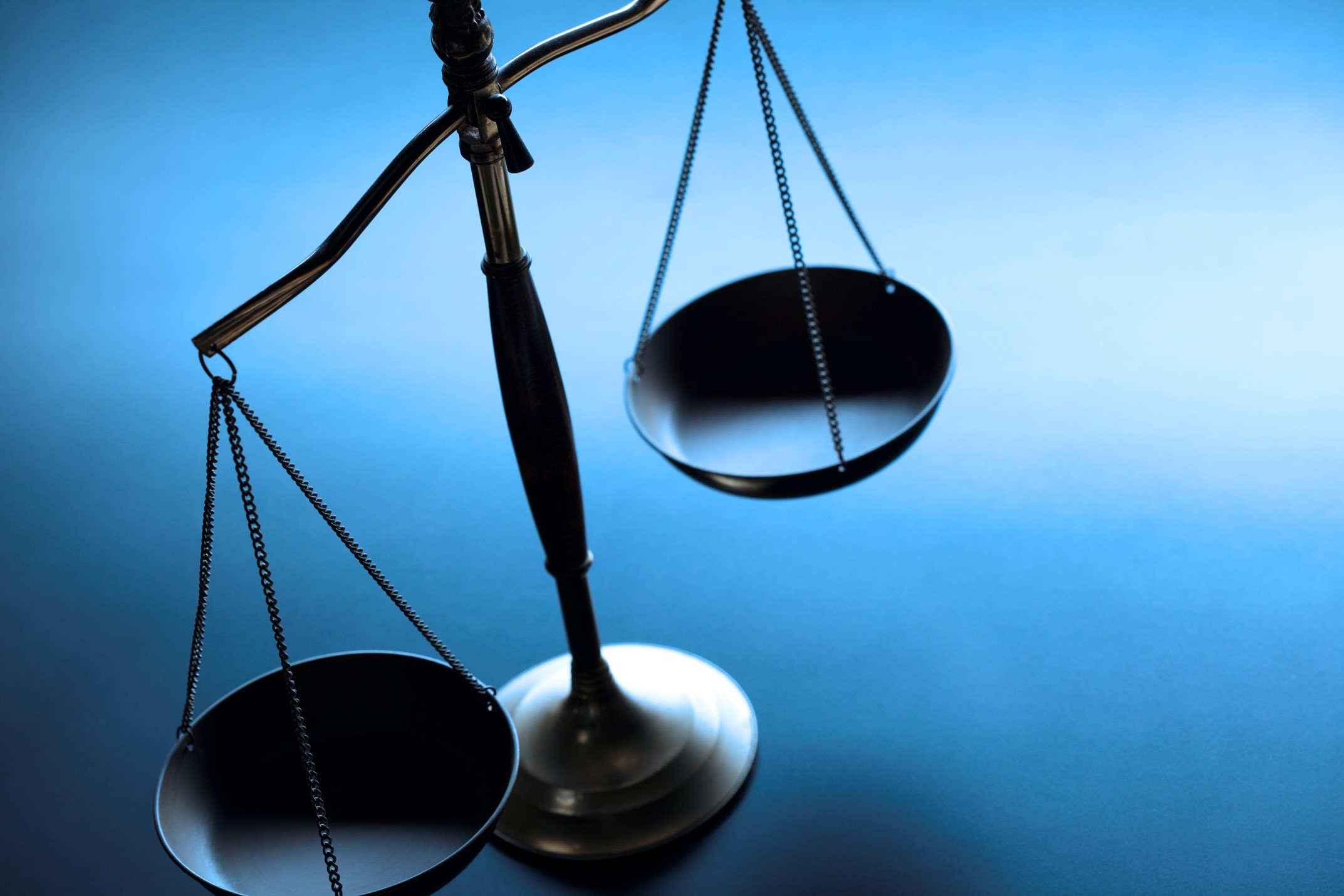Criminal Court
Understanding the Criminal Court Process
Criminal (n.) A person who has committed or been legally convicted of a crime. The American Heritage Dictionary.
North Carolina has more than 400 criminal laws. Cases are heard in both District and Superior Courts. The most serious cases, the ones that often result in a prison sentence of at least one year or more, are felonies and they are usually heard in Superior Court.
Felonies include such things as breaking and entering, assault, sale or delivery of controlled substance, forgery, rape, incest, murder or embezzlement. Misdemeanor offenses are heard in District Court. A person convicted of a misdemeanor offense may receive a small amount of active jail time depending upon the person's prior criminal record.
District Court also conducts preliminary hearings to determine if there is enough evidence or probable cause to bind a defendant over to the grand jury for indictment to stand trial in Superior Court.
The state is divided into 64 Superior Court districts with 109 Superior Court judges who preside over 363,000 cases each year. The fact that a person is charged with an offense does not mean that he/she committed the crime. Guilt must be determined by a judge or jury.
If a person has been arrested and unable to post bond, he or she will be escorted to court by a uniformed law officer on the appropriate date. If a person is free on bail, he or she must be in court at the appointed time indicated on the release order. If a person has been served with a summons or subpoena, he or she must report to the county courthouse at the designated time on the summons or subpoena and find the courtroom in which the case will be heard. There will be a list of names/cases posted on the bulletin board beside the elevators on the 1st floor of the courthouse. Find your case name and enter that courtroom. If you cannot find your name on any of the lists, check with the criminal division of the clerk of court's office located on the 1st floor.

